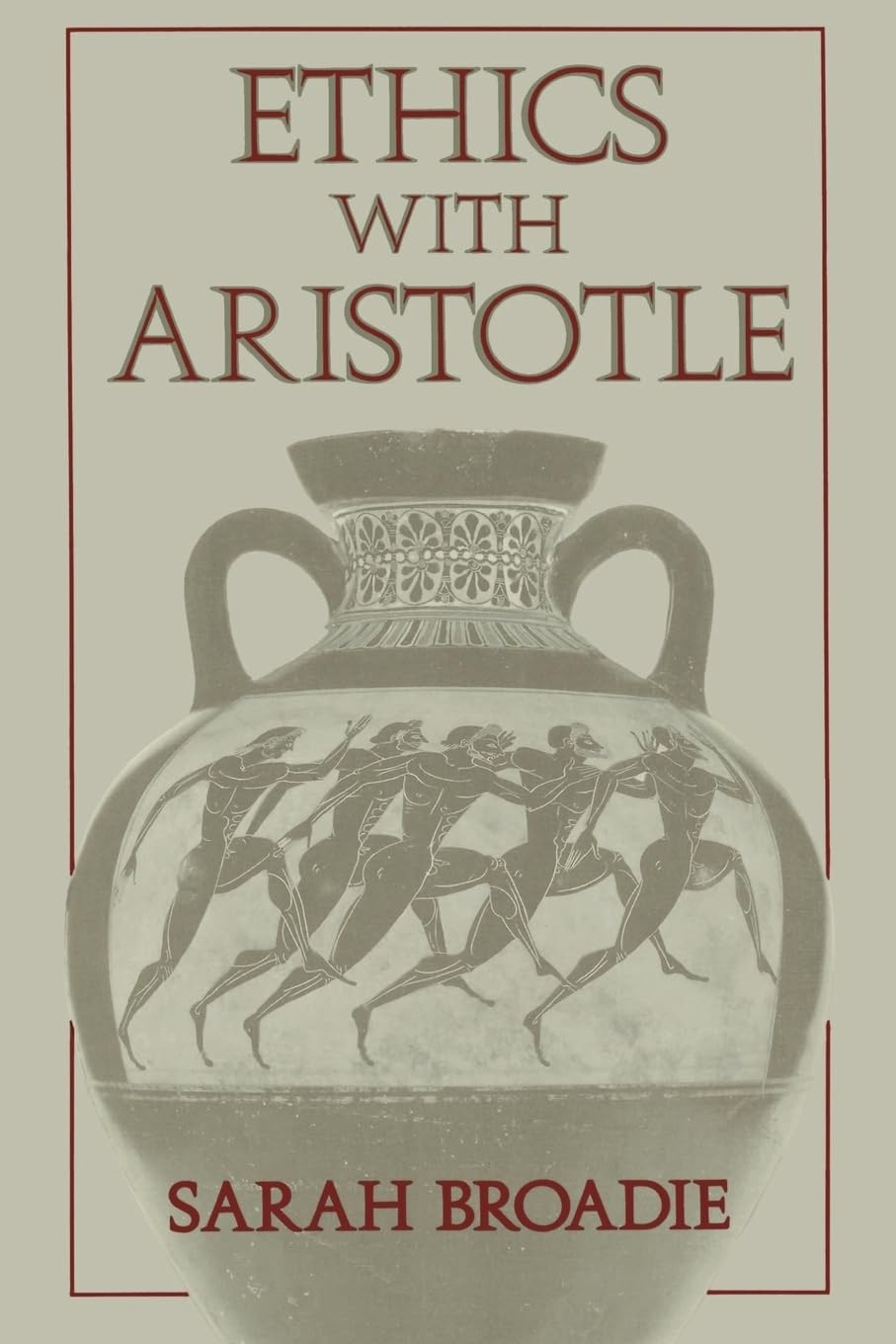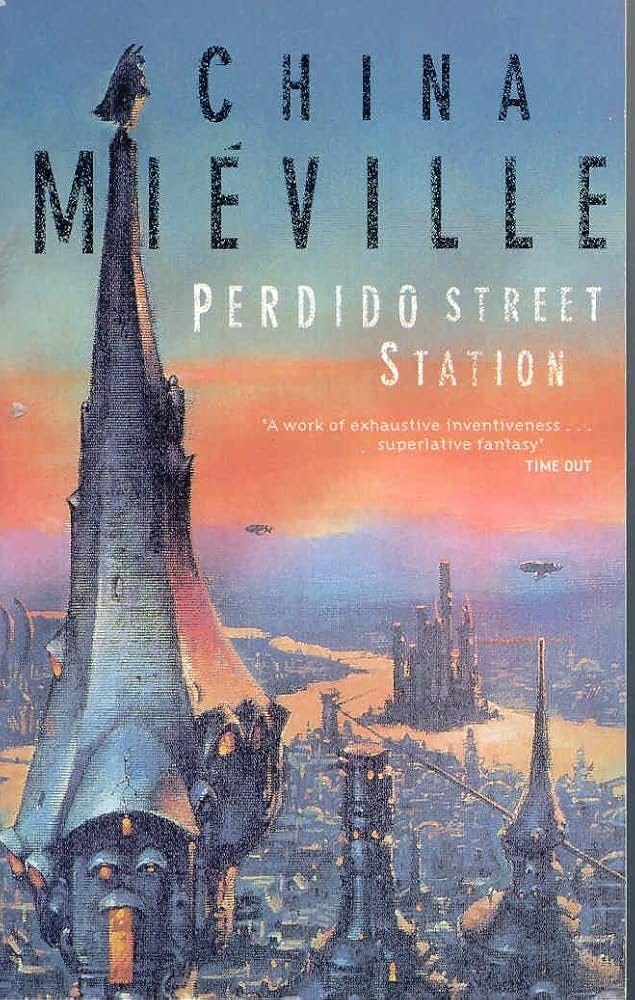Books Worth Your Time, Vol. 8
Secondary texts on Aristotle; a touch of Taoism; passions of the soul; steam-punk-meets-political-philosophy
A reader asked me for recommendations for secondary literature on Aristotle, which I was going to make into its own post. But then I realized I could simply write another volume of Books Worth Your Time.
As a reminder, our read-along of Mrs Dalloway started this Monday; here’s the schedule.
October 7: Discussion of pages 1-42
October 14: Discussion of pages 42-84
October 20: Zoom call, 8 PM Eastern
October 21: Discussion of pages 84-126
October 28: Discussion of pages 126-166
Note that the call on October 20 is our members-only call; if you want to join that call, become a paying subscriber.
Ethics with Aristotle by Sarah Broadie
I start this recommendation with a caveat: I have not read a tremendous amount of secondary literature on Aristotle. But when I decided that I wanted to read book-length treatments of Aristotle’s Nicomachean Ethics, the most insightful and enjoyable book I read was Ethics with Aristotle by Sarah Broadie.
In some ways, this is a typical academic book: ridiculously expensive (even in paperback) and at times opaque. But I believe that the opacity stems from the complexity of Aristotle’s thought; sometimes clarity isn’t easily achieved unless one is willing to simplify. In other ways, though, Broadie’s book is quite atypical. Above all, it is a delightful read. I rarely feel real joy when reading a work of philosophy; Broadie wrote a pleasant and pleasurable book.
The book is not structured like a commentary; it does not go chapter-by-chapter or line-by-line. Instead, there are key topics treated in separate chapters. It is an illuminating read if you are trying to better understand Aristotle’s ethical theory.
I won’t linger on this topic, but I would also recommend Richard Kraut’s Aristotle on the Human Good. Neither is beginner-friendly or made to be maximally accessible, but, if you’re willing to work, they are very helpful monographs.
Tao Te Ching by Laozi
In 2025, as part of our philosophical read-alongs, we will be reading Chuang Tzu, sometimes also rendered as Zhuangzi. That is one of the key Taoist texts. But the ur-text of Taoism is the Tao Te Ching. I highly recommend all of you read that before we get to Chuang Tzu.
I admit I find it a frustrating read. Some of the contradictions of the text are delightful; some feel like a trick being played on me. If you read it, I would focus on what Laozi says of the sage, and consider how this sage differs from, say, the Stoic sage or the Christian saint — do not take for granted that these words signify the same thing.
Perdido Street Station by China Miéville
Keep reading with a 7-day free trial
Subscribe to Commonplace Philosophy to keep reading this post and get 7 days of free access to the full post archives.






